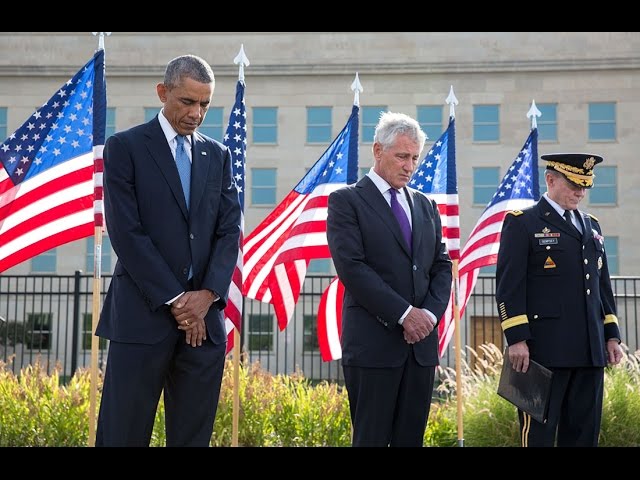
Introduction
Barack Obama, the 44th President of the United States, holds a significant place in contemporary history as the first African American to occupy the presidency. His time in office, from 2009 to 2017, marked a transformative period in American politics, characterised by landmark legislation, a focus on healthcare reform, and a commitment to foreign diplomacy. Today, reflecting on Obama’s legacy is particularly pertinent amidst ongoing discussions about social justice, healthcare accessibility, and global climate change.
Key Achievements and Policies
During his presidency, Obama enacted several critical policies that have had lasting impacts on American society. Notably, the Affordable Care Act (ACA), commonly referred to as ‘Obamacare’, aimed to increase healthcare coverage and reduce costs for millions of Americans. Despite facing substantial opposition, the ACA proudly stands as one of his most significant accomplishments, fundamentally altering the landscape of American healthcare.
Obama also focused on economic recovery following the 2008 financial crisis. His administration implemented the Dodd-Frank Act to regulate financial markets and protect consumers, fostering a more stable economic environment. Additionally, Obama’s commitment to clean energy and the Paris Agreement represented a decisive turn toward addressing climate change, aiming for global cooperation on this critical issue.
Challenges Faced
Obama’s presidency was not without its challenges. His efforts in various areas, particularly regarding immigration reform and gun control, faced significant political obstacles that led to frustrations among supporters. The rise of partisan politics often stalled his initiatives, and an increasingly divided Congress limited his ability to enact further changes. In addition, public sentiment surrounding issues like race and immigration remained contentious, exposing the deep fractures within American society.
Post-Presidency Influence
Since leaving office, Obama has maintained a prominent role on the world stage through public speaking, writing, and philanthropic efforts. His memoir, ‘A Promised Land’, published in November 2020, provides insight into his presidency and personal journey, resonating with readers globally. Moreover, Obama’s influence continues through the Obama Foundation, which focuses on empowering the next generation of leaders, particularly in activism for social change.
Conclusion
Barack Obama’s impact on American politics and global issues continues to be felt today. As discussions around equity, health care, and climate change remain at the forefront of national and international discourse, his policies and ideals serve as a crucial reference point for leaders and citizens alike. His insights into leadership and moral responsibility will likely inspire future generations to engage in public service and advocate for justice, underscoring his enduring legacy as a transformative figure in modern history.
You may also like

The Evolving Role of the Manager in Modern Business

Understanding the Current Political Landscape in the UK
